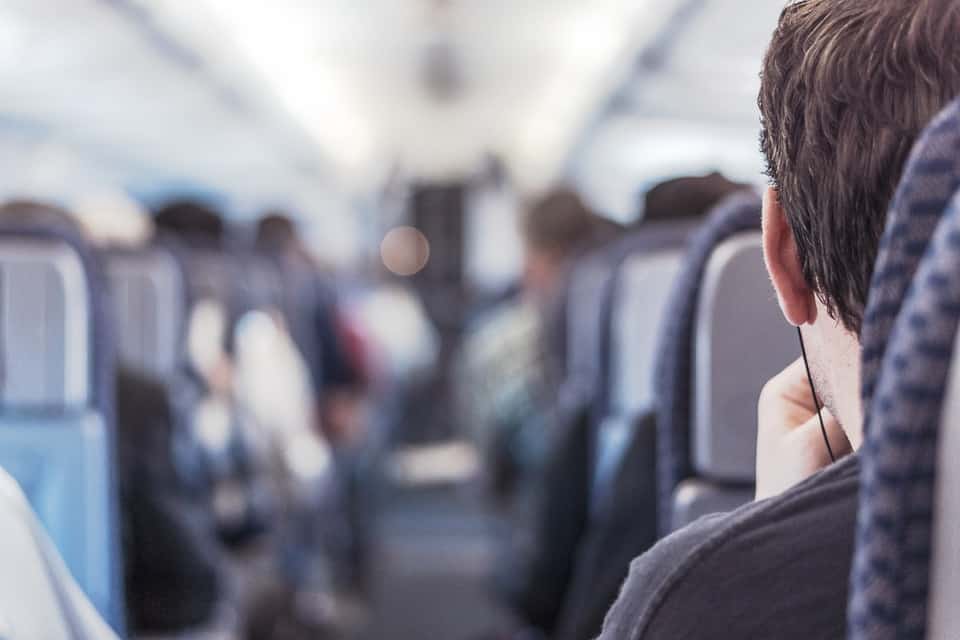Have you ever been on a flight, and along with the normal headache or pain in your ears, you experience a toothache?
Well, for the same reason your ears hurt and pop, the pressure from the change in altitude places pressure on your teeth. However, the change in altitude does not affect healthy teeth, but will target teeth that are sensitive, damaged or recently had dental work. Although the pain is worrying, the pressure is not actually worsening the health of the tooth, and it can not make dental issues, such as cavities, gingivitis or loose fillings, any worse.
If the pain is not contained to a single tooth, but rather affects all your upper back teeth, then the cause is most likely due to sinus pressure, which has worsened due to the change in altitude.
Managing Tooth Pain While Flying
If you know that you have the follow dental work or dental issues, it is advised you take steps before your flight for maximum comfort while you are travelling:
- Recent dental work
- Fillings
- Cracked teeth
- Tooth decay
- Sensitive teeth
Before your flight you should visit your dentist for advice on how to manage the pain while flying through medications or other methods. Your dentist will also be able to check up on your dental health and prevent potential toothache by filling a cavity or recommending other dental work. Additionally, if you have been struggling with toothache for a while, it is best to visit your dentist before you take a flight.
However, if you were unaware of the dental issue and are only discovering it due to the toothache, while you are on a flight, there are a few things you can do in the airplane:
- Avoid cold beverages and foods, as well as coffee, tea, and sugary drinks
- Drink water to stay hydrated
- Take a painkiller like ibuprofen
- Use ice to bring down any swelling and to numb the area
- Eat soft foods
Once you land, you should see about visiting a dentist as soon as possible.


Recent Comments